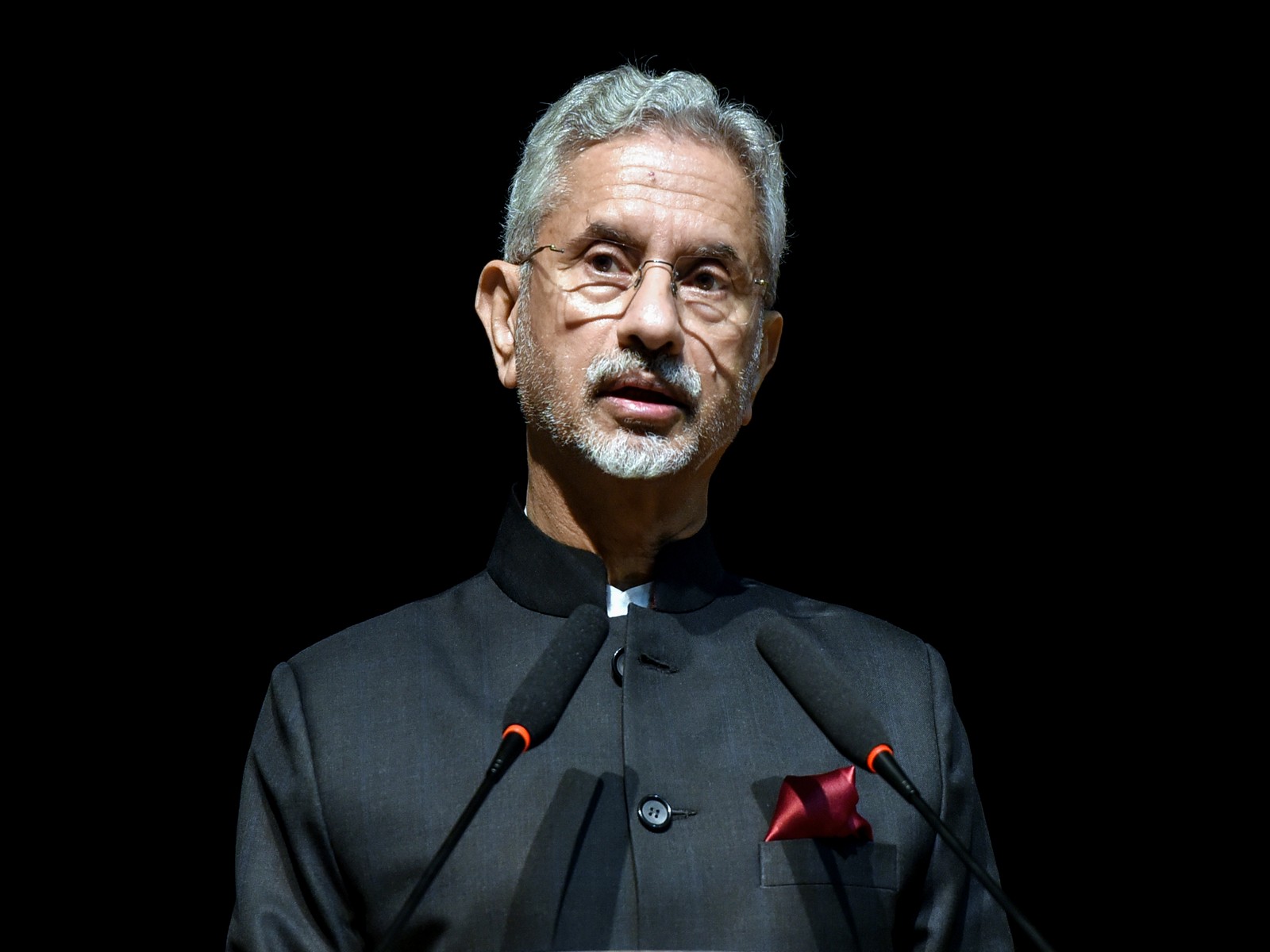According to a study, sugar metabolism is common in cancer
Aug 20, 2022

Washington [US], August 20 : For more than a century, cancer cell metabolism has been regarded as a puzzle. Recent research from Washington University in St. Louis suggests that it may not be an anomaly after all. On August 15, the study was published in Molecular Cell.
Glucose, a common sugar present in the diet, is one of the most important nutrients in the body. It is consumed at an alarming rate by cancer cells. At first glance, this seems fair because cancer cells must synthesise a variety of substances. Because cancer spreads rapidly, each cell must replicate every component within it.
But there's a catch. Cancer cells do not make good use of glucose. Instead of collecting every ounce of energy possible from glucose, they squander the vast majority of it.
Gary Patti, the Michael and Tana Powell Professor of Chemistry in Arts & Sciences, as well as genetics and medicine at the School of Medicine, noted that for cells to receive the greatest energy from glucose, its transformation products must be moved into mitochondria. Patti, who works at the Siteman Cancer Center at Barnes-Jewish Hospital and the School of Medicine, is the present study's senior author.
The metabolism is anticipated to follow certain biochemical rules. Patti described her fascination with the many causes malignancies may be allowed to ruin people. However, the data presented here reveal that cancer cells do follow established guidelines.
The smallest compartments within cells known as mitochondria are sometimes referred to as the cell's power plants or powerhouses. They maintain stringent restrictions over what comes and goes.
To set the stage, in the 1920s, a prominent scientist named Otto Warburg made the first discovery of tumour wastefulness. He argued that cancer cells had damaged mitochondria as a solution to the mystery of why more energy isn't produced from glucose.
We now know that this is false. According to Patti, most tumours feature functioning and active mitochondria. However, this does not explain why cancer cells metabolise so little of the glucose they consume in mitochondria, which is a vexing and long-standing mystery.
According to Patti, what has confused experts is the thought that cancer cells chose not to metabolise glucose in their mitochondria. The theory has repeatedly circulated that cancer cells want to use glucose inefficiently, either because of Warburg's original thought or because it occurs so frequently.
There are several reasons why cancer cells could choose to squander their glucose. Patti and his colleagues argue that these arguments may not be necessary. Finally, scientists may be mistaken about how unusual cancer metabolism is.
Cancer cells aggressively metabolise glucose in their mitochondria because they truly want to.
According to Patti, nearly all of the glucose that cancer cells are unable to consume ends up in mitochondria. However, as glucose consumption increases, the pace at which glucose-derived molecules are delivered into mitochondria cannot keep up.
In other words, cancer cells only squander glucose because mitochondrial transport is excessively slow.
Consider a bathtub faucet that is leaking at a pace that exceeds the capacity of the drain. Eventually, the water rushes onto the floor.
This metabolic paradigm is not completely novel. According to Patti, most cells prefer oxidising glucose in their mitochondria to excreting it as waste. "Our data suggest that cancer cells are prevalent." They appear to follow biochemical processes that are comparable to those of other cells.
The Patti team's accomplishment was made possible by the powerful method known as metabolomics.
According to Patti, "great developments in the field of metabolomics and mass spectrometry have occurred in the previous ten years." "We are already at a point where we can even test substances in single cells."
Metabolomics and stable isotope tracers were used in this study. Researchers were able to tag various components of glucose and monitor them inside cells while also measuring the pace at which chemicals entered mitochondria or were expelled from cells. When scientists realised that cancer cells were outpacing or getting saturated with the typical fuel transport routes, they made this finding.




















